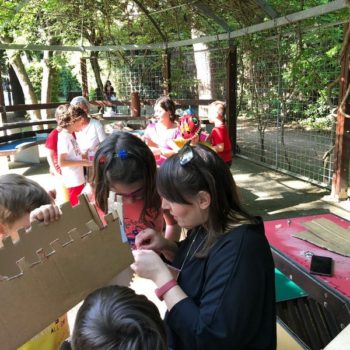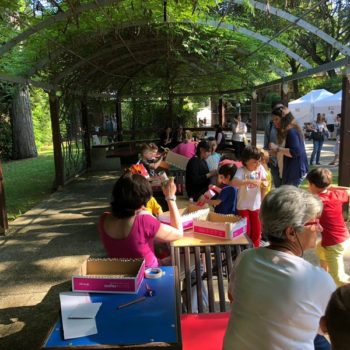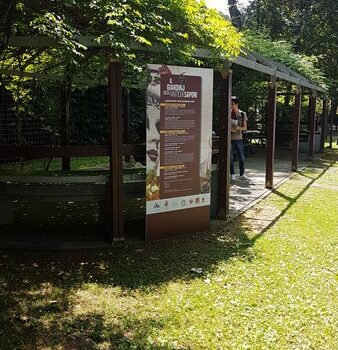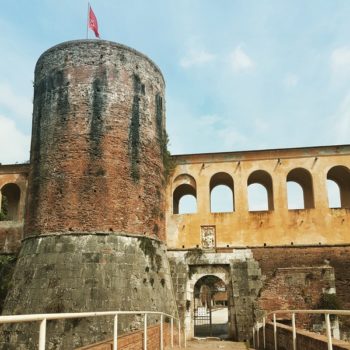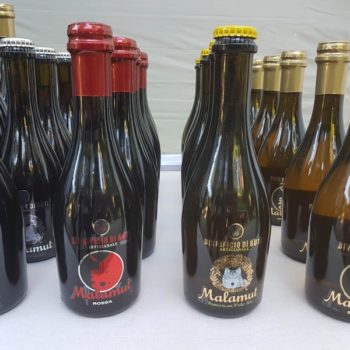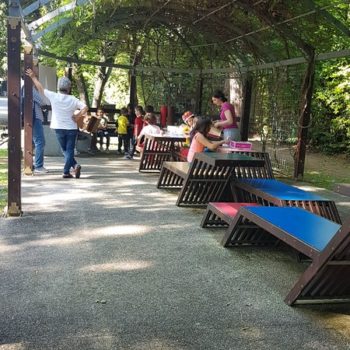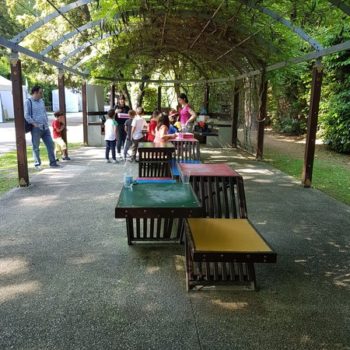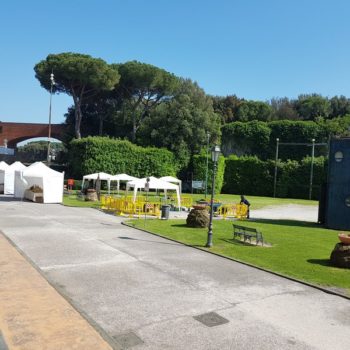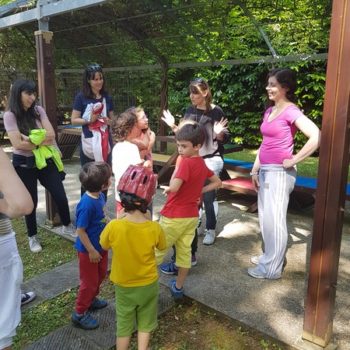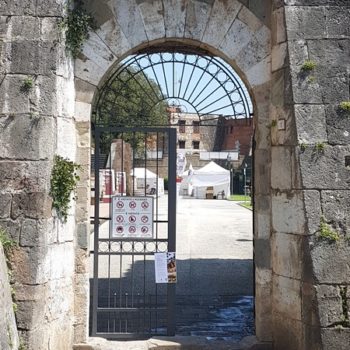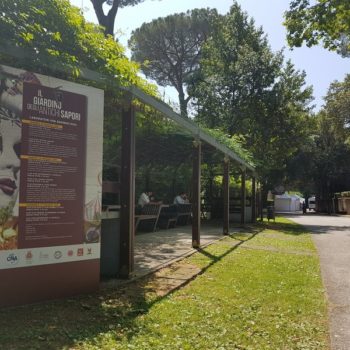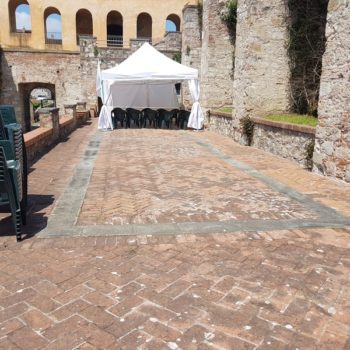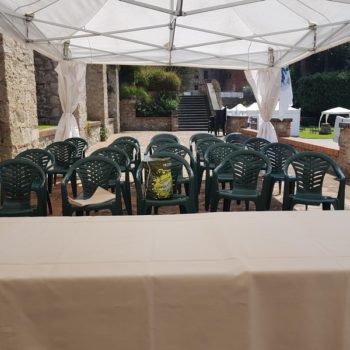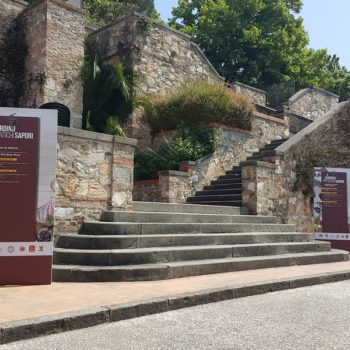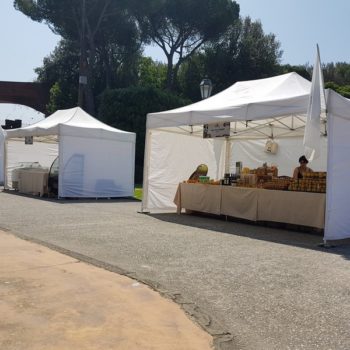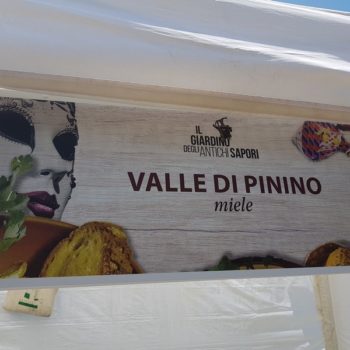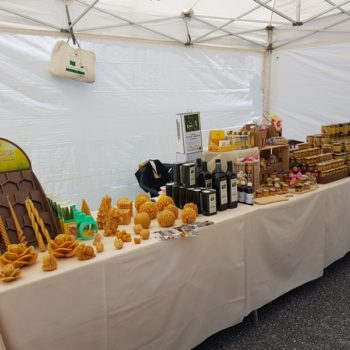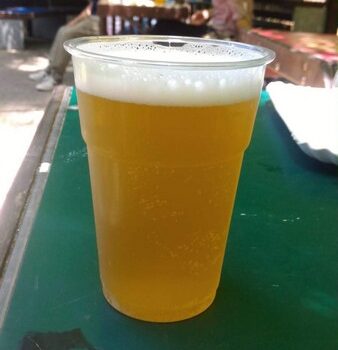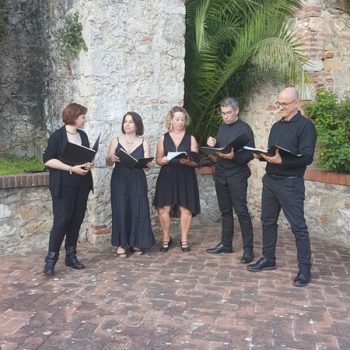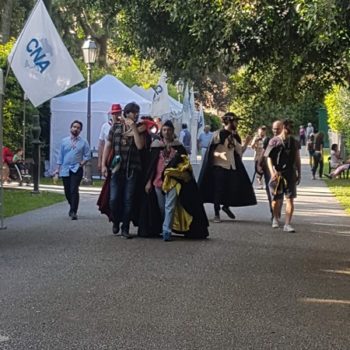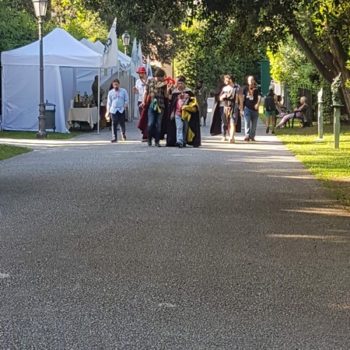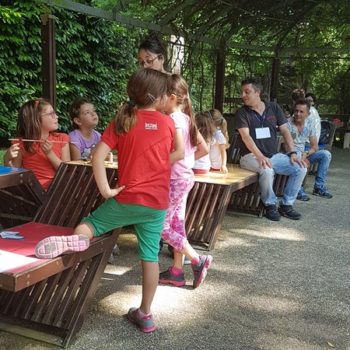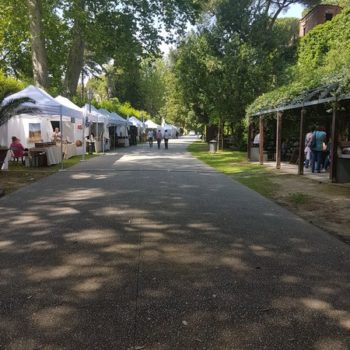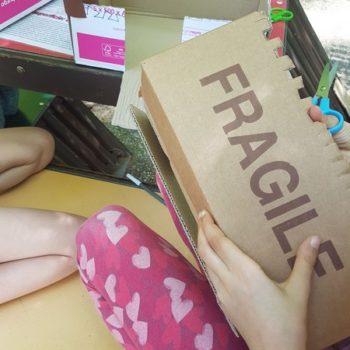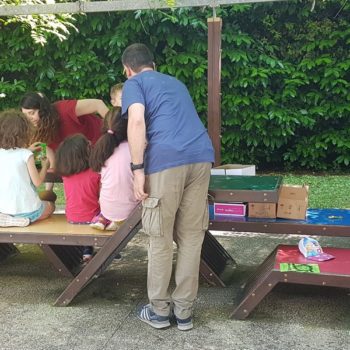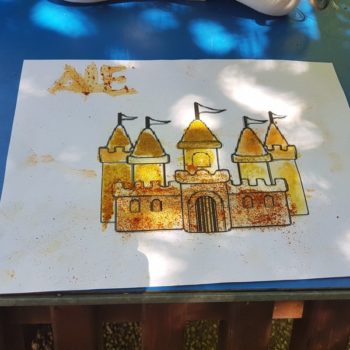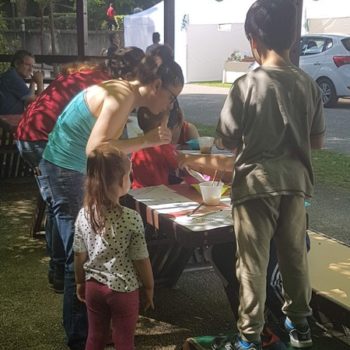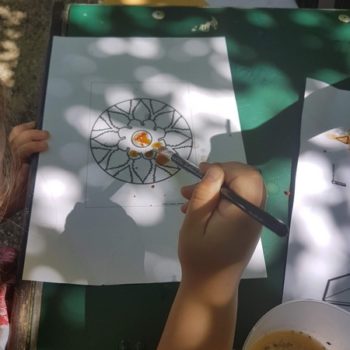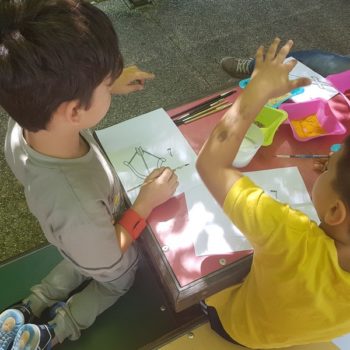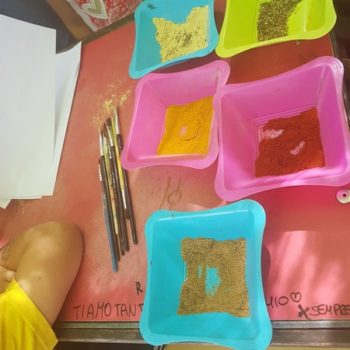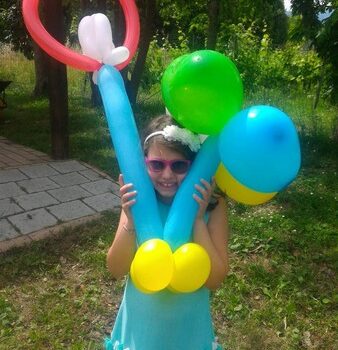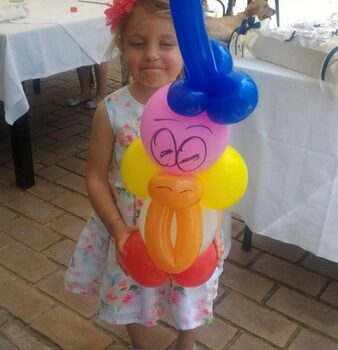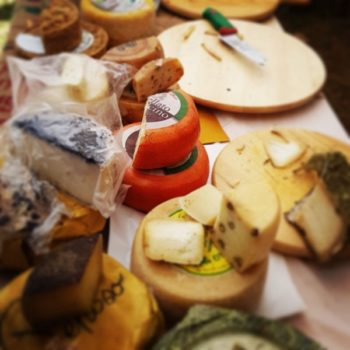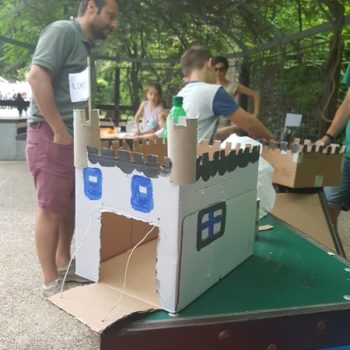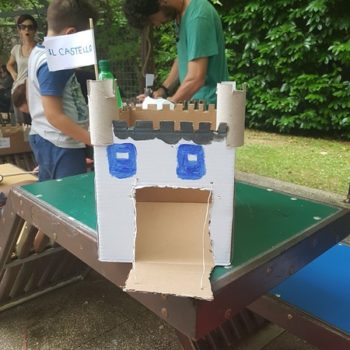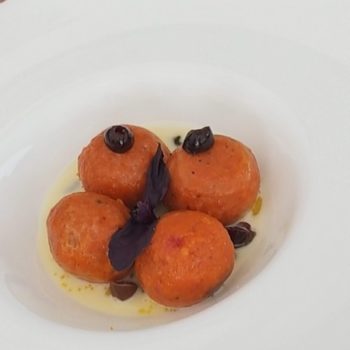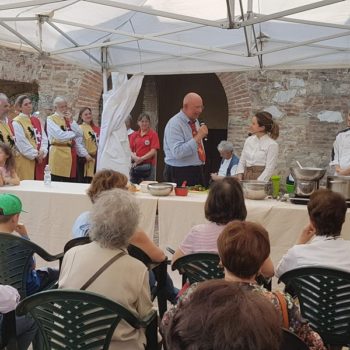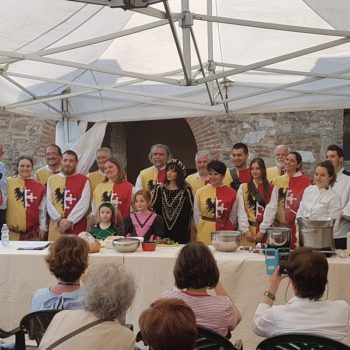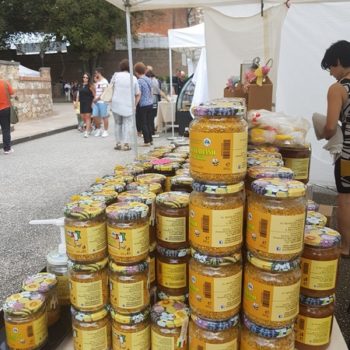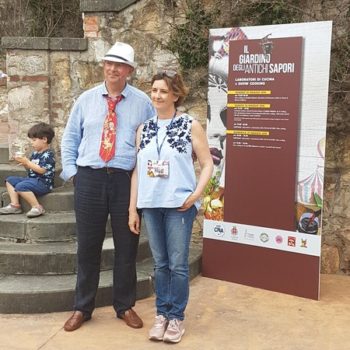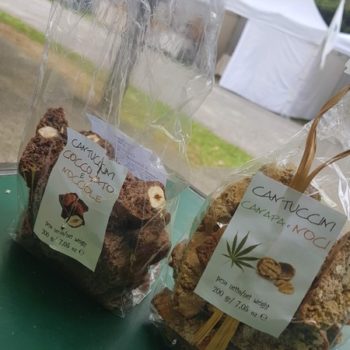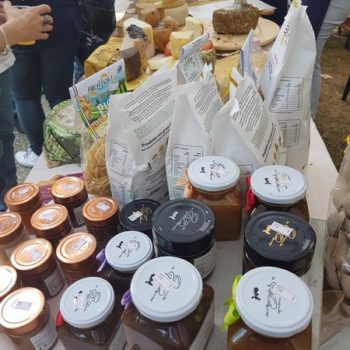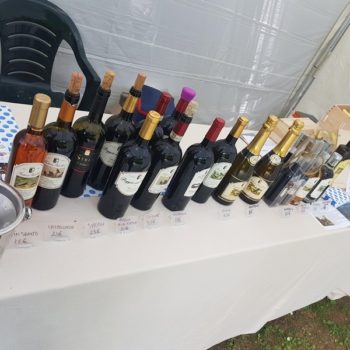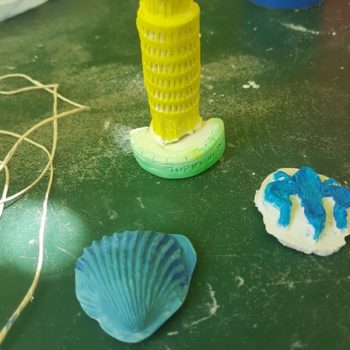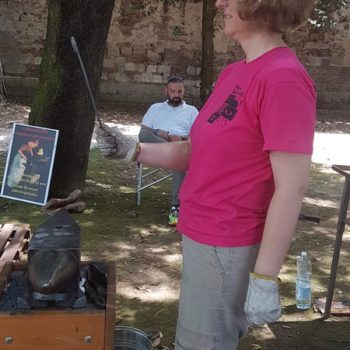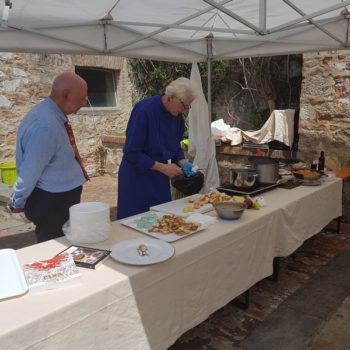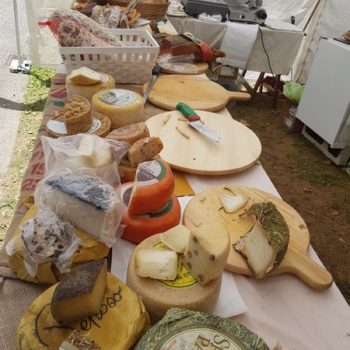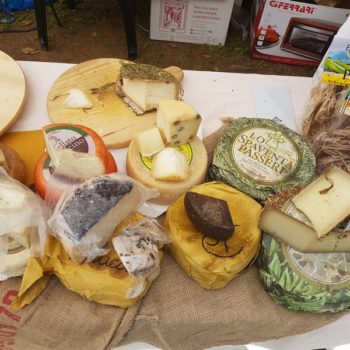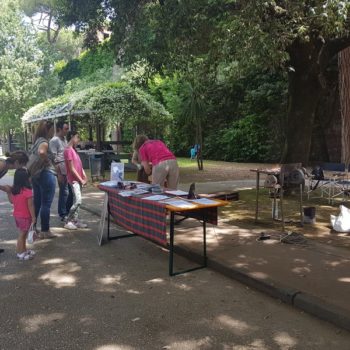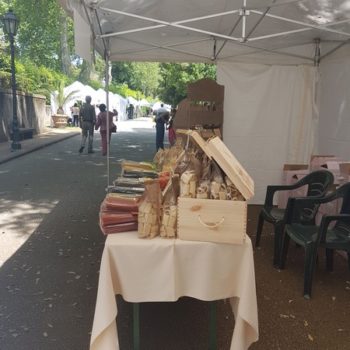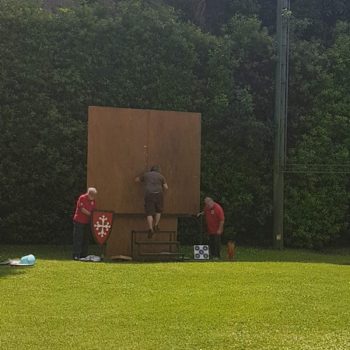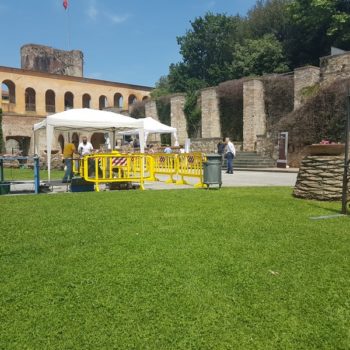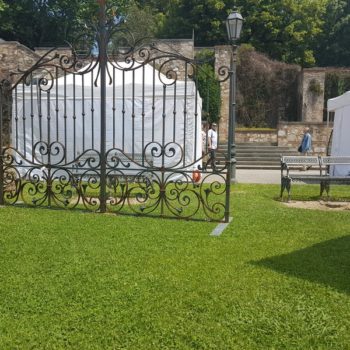2018 is the European year of cultural heritage and in line with the initiatives promoted by Mibact, on the 25th, 26th and 27th May, il Giardino degli Antichi Sapori was held in Pisa, a journey through the Pisan culture, through art, history and culinary traditions.
Giardino Scotto-Corsini, has created a congenial setting because, although not included among the main and usual tourist routes, has been interested in the past years by major archaeological excavation campaigns, which have told stories of past eras of extraordinary beauty. The cultural heritage is thus constantly reinterpreted and is constantly evolving, so that the inhabitants of the territory can recover their roots and learn the sources of their traditions to be transmitted to future generations. The intent was to encourage participation and enhancement of cultural heritage as a shared resource, to raise awareness of history and common values and to strengthen the sense of belonging to our beautiful Italy.
Cultural heritage is a fundamental resource to be protected and valued with a civic sense and to encourage knowledge and dissemination through events that reach the general public. Initiatives that can attract the attention and interest of citizens who want to deepen their knowledge of the hidden treasures of the city, the tourist interested in an alternative and unconventional visit path and the curiosity and imagination of young people.
We at Stairway to Event, very sensitive to this issue, we trust that this event may have contributed to continue and, in some cases, to start reflection and dialogue on the value that cultural heritage holds for our society, involving above all who was totally fasting of matter, with an eye for young people and children. Enjoying our heritage, learning to take care of it, this is the message we wanted to convey to the many visitors who participated in the three days of the event to attend the various historical and custom re-enactments; at the cooking shows of starred chefs who have revisited the traditional medieval dishes. Or even just for a walk through the food and wine stands of local producers.
The iron forging demonstrations, representing the ancient arts and crafts linked to craftsmanship, were very interesting to understand their evolution over time, reflecting a tradition rooted in the territory and the need to spread popular knowledge. , at the same time, it can be a fundamental artistic and economic source to preserve and pass on.
Even the children were able to learn the history of Pisa and its customs through play experiences and educational workshops. The young visitors had fun building medieval castles, arches and arrows, painting with spices and getting to know the city’s ancient crests; as well as to challenge themselves in the ancient profession of the blacksmith, forging a beautiful iron keychain.
This initiative was also born with a view to enhancing the city of Pisa aiming to enhance and make known the less well-known sites to the general public and suggesting a new tourism proposal that involves the territory through its different expressions starting from history, traditions, culture and artistic expressions, taking advantage of natural beauties, up to its agri-food heritage.
We are very happy and proud to have been involved in organizing this event from the CNA of Pisa and have made our contribution to the ideation and organization of this important initiative .
At the next event!



 Italiano
Italiano
